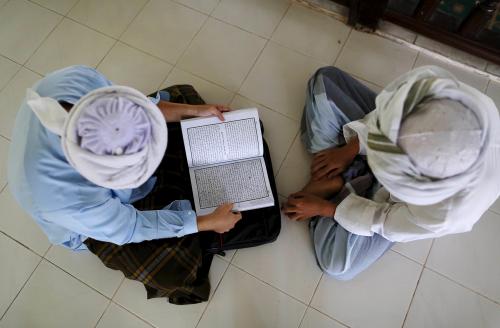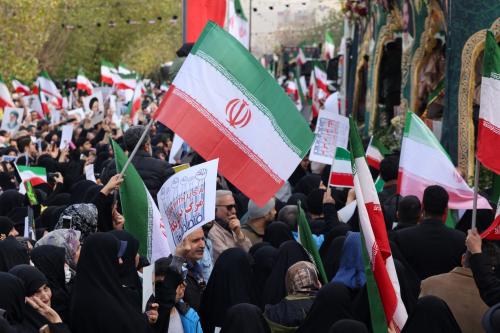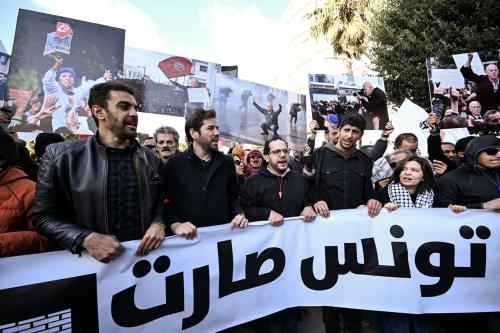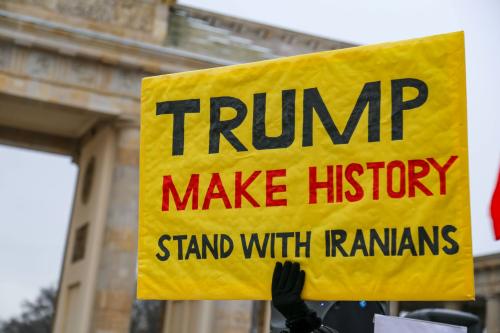We continue here Brookings’s ongoing interview series with Islamist leaders and activists. Part of our Rethinking Political Islam initiative, we asked each participant to discuss the state of his or her movement and reflect on lessons learned from various crises, including the rise of ISIS and the 2013 military coup in Egypt. So far, we’ve released interviews with Egyptian, Lebanese, Pakistani, and Moroccan Islamists.
Up next is Sayida Ounissi of Tunisia’s Ennahda party. She is a member of the Tunisian Parliament, where she serves as a member of the Finance Committee. She was the youngest female appointed the head of an electoral list in Tunisia. Raised and educated largely in France, Ounissi holds a master’s degree from the Sorbonne in Paris.
Ounissi begins by pointing out that observers often disregard the extent to which Islamist parties are shaped by their distinctive local contexts, something that applies particularly to Tunisia. Drawing on her experiences as a member of parliament, Ounissi then discusses the criticism from rank-and-file activists that Ennahda diluted its Islamist brand and identity in its attempt to hug the center, and the ways in which previously imposed secularism factored into this decision. Finally, she reflects on how the debate over Ennahda’s Islamic identity was informed by party leaders’ many years of political exile as minorities in secular, Western countries.
The Brookings Institution is committed to quality, independence, and impact.
We are supported by a diverse array of funders. In line with our values and policies, each Brookings publication represents the sole views of its author(s).










Commentary
Islamists on Islamism today: An interview with Sayida Ounissi of Tunisia’s Ennahda Party
March 13, 2017